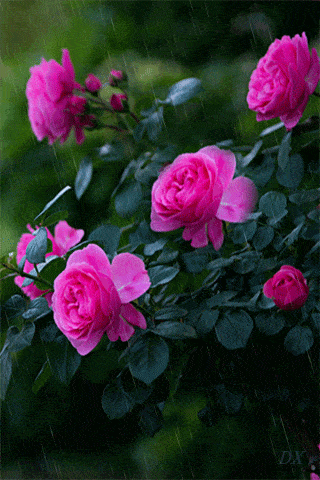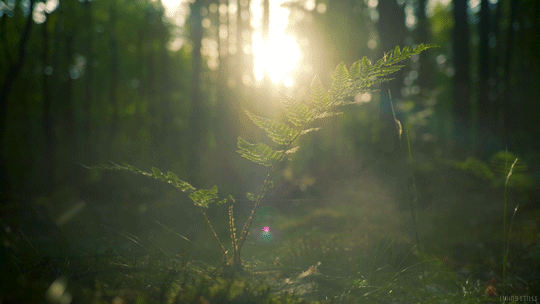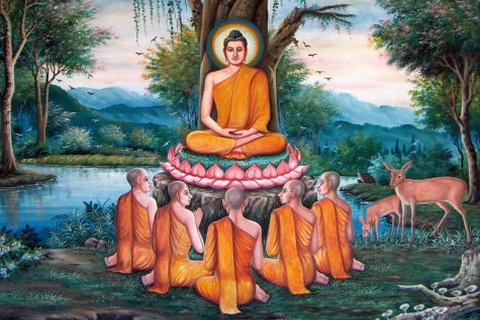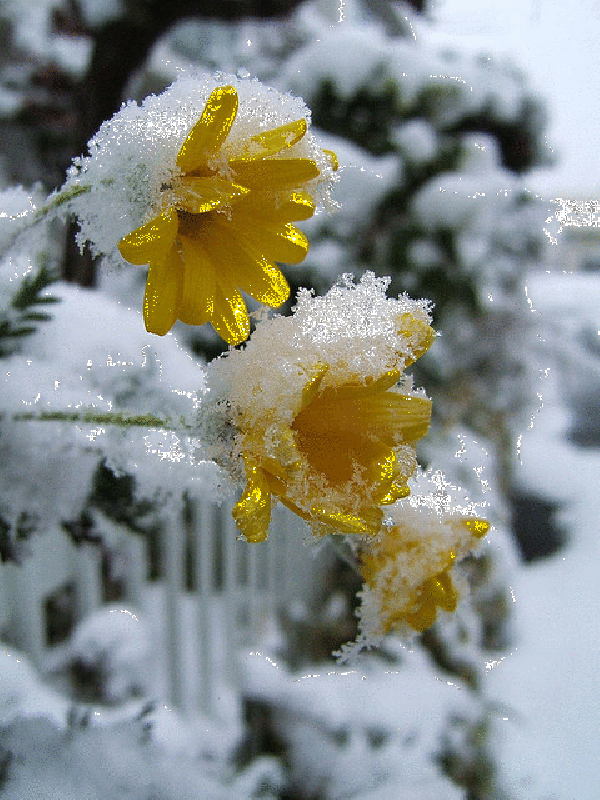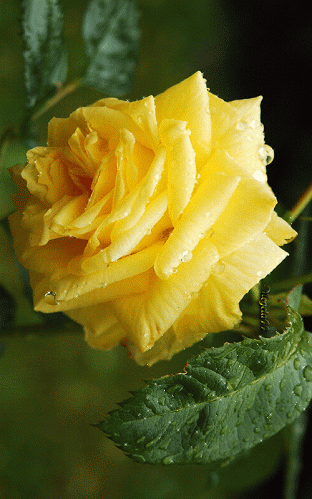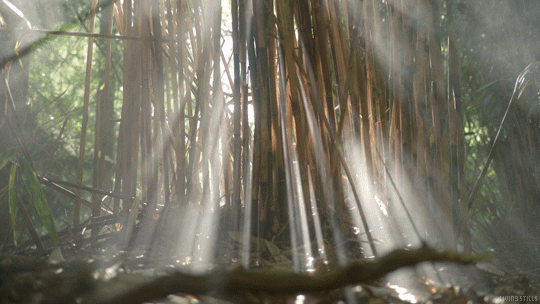The First Noble Truth
What is the Noble Truth of Suffering? Birth is suffering, aging is suffering, sickness is suffering, dissociation from the loved is suffering, not to get what one wants is suffering: in short the five categories affected by clinging are suffering.
There is this Noble Truth of Suffering: such was the vision, insight, wisdom, knowing and light that arose in me about things not heard before.
This Noble Truth must be penetrated by fully understanding suffering: such was the vision, insight, wisdom, knowing and light that arose in me about things not heard before.
This Noble Truth has been penetrated by fully understanding suffering: such was the vision, insight, wisdom, knowing and light that arose in me about things not heard before.
[Samyutta Nikaya LVI, 11]
The First Noble Truth with its three aspects is: “There is suffering, dukkha. Dukkha should be understood. Dukkha has been understood.”
This is a very skilful teaching because it is expressed in a simple formula which is easy to remember, and it also applies to everything that you can possibly experience or do or think concerning the past, the present or the future. Continue reading



